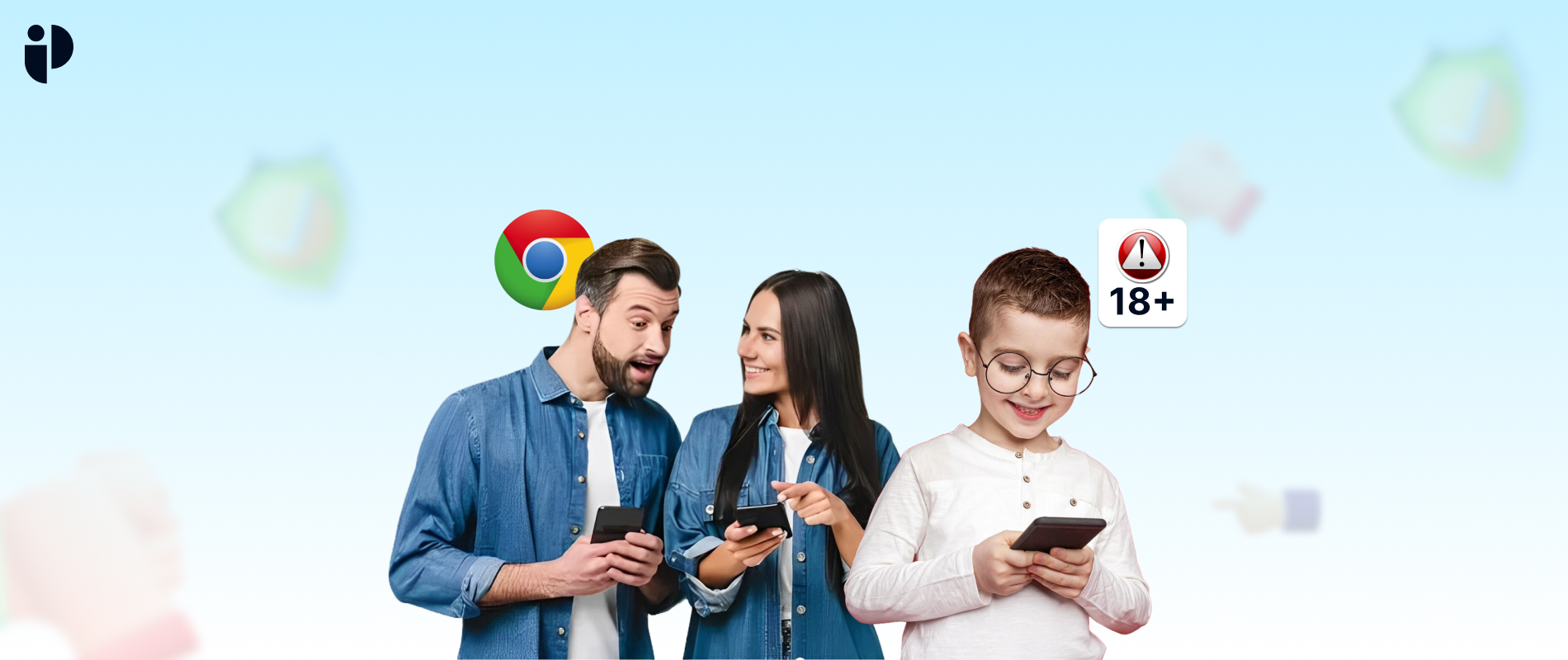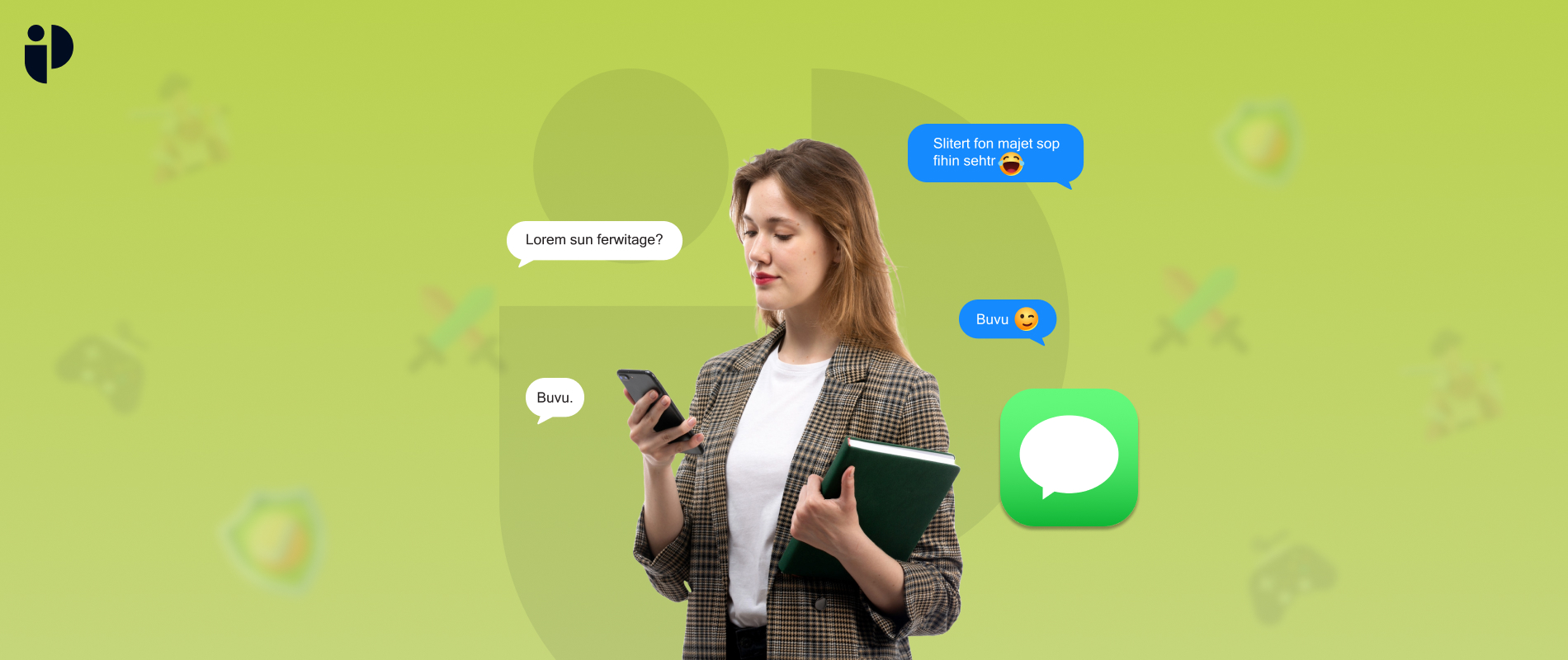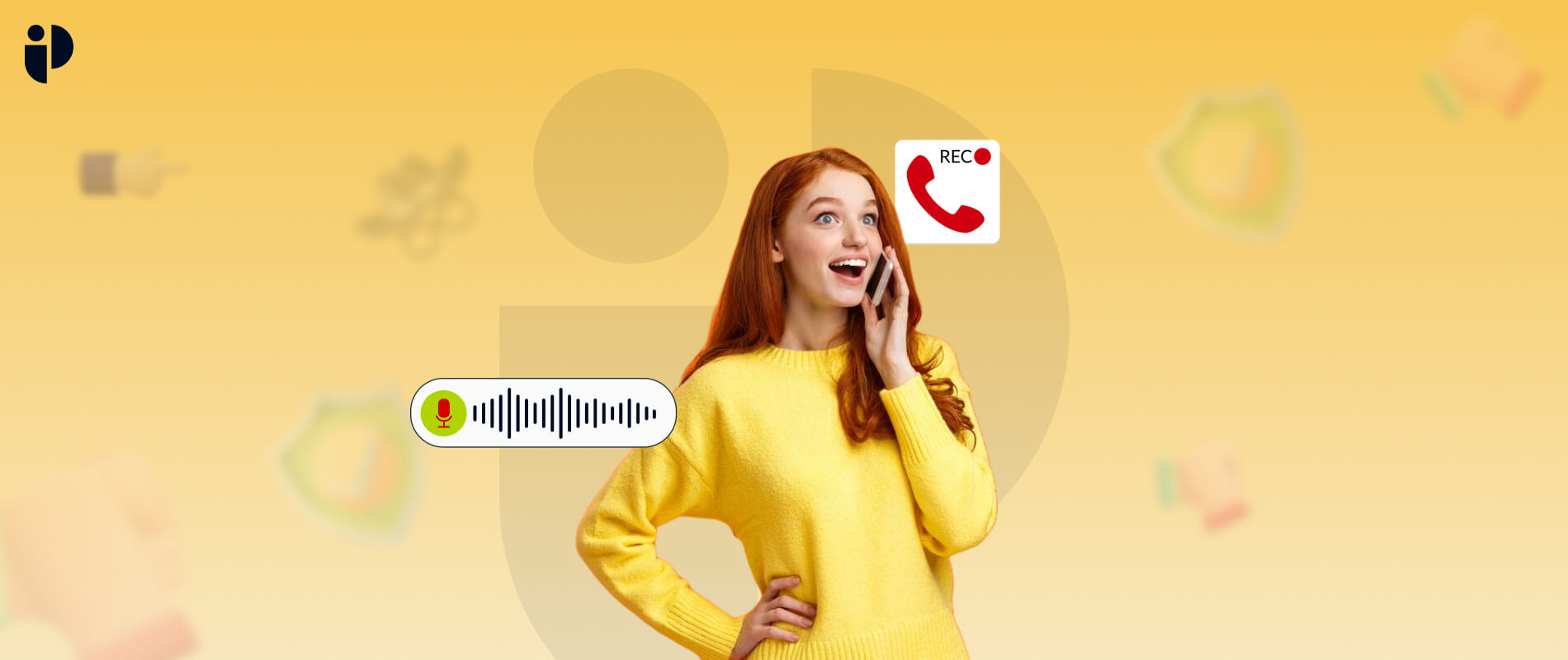Adolescence is a vulnerable age where specific physical, social, and emotional changes increase the risk of mental disorders. According to WHO[1], 14% of adolescents between 10 and 19 years of age suffer from mental health problems.
The risk increases with increased mobile phone use. Depression, sleep disturbances, anxiety, and problems in the nervous system development are common in children who use mobile phones excessively.
The American Academy of Paediatrics[2] approves a screen time of 2 h a day for children above five years age. However, a substantial proportion of kids exceed the recommended screen time. In children, overuse of mobile screens causes various internalising and externalising behavioural issues. Too much time on digital media adversely affects their behavioural, psychological, and physical well-being.
Wondering how to improve the mental well-being of your child? If you are a parent and your kid uses a mobile phone, be careful about his mental and physical health.
Common Behavioral and Mental Health Issues Associated With Cell Phone Addiction
The dependence on technology in recent years has increased the average screen time. Screen time is the term that describes the minutes and hours an individual spends looking at the screen of a mobile phone, computer, TV, etc.
Excessive screen time is related to signs as per NCBI[3] are;
- Obsessive Compulsive Disorder (OCD)
- Attention Deficit Hyperactivity Syndrome (ADHD)
- Depression
- Anxiety in children and adolescents.
Following are some common mental and behavioural health issues linked to extensive screen time.
Self-Obsession
Passing lots of time on social media inculcates negative personality traits in children. Posting everything on social media accounts develops a self-centred and selfish approach in children. They become self-absorbed and cut off from the relationships in real life. This isolates them from real-world challenges, and they fail to cope with the stress in real life.
Anxiety
Obsession with one’s cell phone leads to anxiety during a period called ‘digital detox’. It is when you are away from your cell phone or other digital devices. Physical anxiety symptoms include palpitations, sweating, or shaking without a mobile phone.
Another common reason for anxiety is the increased use of social media. Kids compare their lives with the apparently perfect lives of others depicted on social media and develop a sense of worthlessness.
Depression
Prolonged use of social media increases negative thinking in children, which ultimately causes depression. Children feel insecure, worthless, and deficient when they compare their lives with those on social media platforms.
Also withdrawal from cell phones can cause frustration, irritation, loneliness, and fatigue. This worsens the mental health of a child and leads to depression.
Sleep Disturbance
The radiation emerging from the cell phone screen is responsible for sleep deprivation in children. These rays interfere with the natural production of melatonin, a substance that modulates the sleep-wake cycle.
Using a mobile phone, particularly at bedtime, leads to varied melatonin production that either decreases the sleep onset or causes too much sleep.
This contributes to poor sleep quality, daytime fatigue, and deteriorated mental health.
Decreased Social Interaction
Children who used to spend a great time on cell phones remain immersed in that virtual world. They love interacting with people on social media, texts, or other online platforms.
However, they isolate themselves from the real world. Such children spend less time with real-world friends and family, limiting their social interaction.
Declined Performance in School
Children who use mobile phones extensively usually show a decrease in their performance at school. They pay more attention to what they do on mobile than their studies.
Kids cannot concentrate while studying because they check their mobile phones every second. The fear of missing out keeps kids busy browsing social media all the time. When they fail to perform at school, they get low grades and become stressed.
Diminished Cognitive Abilities
The Internet exposes children to a flood of information that overwhelms the brain. This leads to attention deficit disorders such as Attention Deficit Hyperactivity Syndrome.
Additionally, children who use digital media all the time lack concentration to perform other tasks. This lowers their productivity, creativity, and cognitive abilities.
What Could be the Possible Solution?
In this era of the digital world, you cannot restrain your child from using the internet. Many schools use digital technology as a mode of learning. Therefore, it is becoming necessary for kids to use the internet for learning and developing skills. Taking some preventive measures for your child to have a safe online experience is appropriate.
Option 1: Kids Counselling
- Set time limits for your child to use mobile phone
- Make the mobile phone inaccessible for children except when required
- Encourage them to take breaks and not use phones continuously
- Advise them not to use any digital device during bedtime
- Turn off the notifications to avoid distraction when your child is doing some important task
- Find a healthy alternative for your kids and engage them in other fruitful activities. Promote physical activity and games instead of online games
- Instruct them to use the mobile phone on purpose
- Teach the correct use of the mobile phone to your kids
- Counsel them about all the possible benefits and harms of the internet
- Create a friendly bond with your children so that they inform you in case of any problem
Also Read: Importance of Teaching Digital Literacy – A Parental Guide
Option 2: Parental Controls
You will surely be concerned about your child’s safety as a parent. Let your children use mobile phones in a controlled way. If your children have a great time using their mobile phone, there might be something wrong with them. Keep an eye on all the activities of your kid to avoid any dangerous experiences.
It is not always possible to physically monitor your kids’ online activities. However, many parental control software lets you monitor your kid’s online activities from anywhere. Using such software allows you to control and limit the activity of your kids on their cell phones. You can install and activate a parental control application on your phone and link it to your child’s device.
PegSpy – The Ultimate Parental control app
Monitor your kid’s cellphone with the recently developed Android app PegSpy. It is an all-in-one app for monitoring modern Android devices. Its advanced features help you to keep a secret eye on your kid’s device and monitor all activities. You can silently record all the activities performed on the target device.
The most unique feature of this app is that it can perfectly work on non-rooted devices. You can use PegSpy even if you’re not a tech guy, because it is easy to install and has a simple interface.
Key Features of PegSpy
PegSpy presents many comprehensive features that empower you to remotely monitor your kid’s phone. It is a 100% reliable app that provides you with 24/7 service. The app provides all features on a user-friendly dashboard.
The following key features make PegSpy the best parental control app.
Protection from Cyberbullies and Predators
Keep cyberbullies and dangerous predators at hand from your child using PegSpy. The following features help you detect and block these people from contacting your child.
- Monitor and block suspicious contact.
- Monitor calls and texts.
- Supervise all activities on social media apps
- View and block specific apps
- Monitor web history
- Switch on the mic to hear real conversation
Restrain from Inappropriate Content
PegSpy authorises you to select the content your child can access online. The following features help you find out the content your child sees and select the desired content.
- Block specific apps and websites.
- Filter inappropriate sites
- Block irrelevant gaming apps
- Monitor browser history
- Switch on the camera of the device to see the precise surroundings
Avoid Game and Social Media Addiction
Mobile phone addiction harms your kid both physically and mentally. You can keep your child away from addiction through these features:
- Set a screen time limit
- Block undesirable gaming apps
- Monitor social media activities
Locate the Device
PegSpy is a superb tracker app that enables you to track the target device’s location. You can ensure the outdoor safety of your kid through PegSpy. The following features can help you:
- Locate the lost device
- Set geofences
- Trace the location of the device
- Get location alerts
- Remotely power on the camera and mic of the target device to view actual surroundings and hear your kid’s conversation.
Final Thoughts
Mobile phone addiction significantly increases the risk of behavioural and mental health problems. Unrestricted mobile phone usage exposes children to many dangerous online experiences. Nevertheless, implementing appropriate controls and limits can help avoid these dangers. You can ensure the complete online safety of your child using the PegSpy app.
References:
- World Health Organization. Adolescent mental health. 2021.
Accessed 02 Feb 2022.
https://www.who.int/newsroom/fact-sheets/detail/adolescent-mental-health. - BMC Psychological. The associations between screen time and mental health in adolescents: a systematic review.
Published 20 Apr 2023.
https://bmcpsychology.biomedcentral.com/articles/10.1186/s40359-023-01166-7 - National Center for Biomedical Information. The Relationship between Cellphone Usage on the Physical and Mental Wellbeing of University Students: A Cross-Sectional Study.
Published online 30 Jul 2022.
https://www.ncbi.nlm.nih.gov/pmc/articles/PMC9368281/#:~:
text=Excessive%20cell%20phone%20users%20were,anxiety%20%5B4%2C14%5D.





